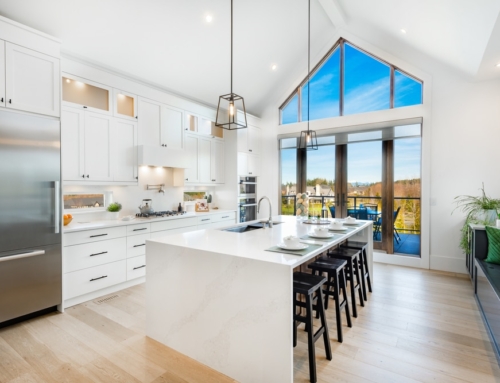Q: My grandmother recently passed away and her children have very little cash with which to pay back the reverse mortgage that was taken out on the property.
The reverse mortgage is for $162,000. The property was appraised before repairs at $240,000. It is currently zoned as residential, but can be rezoned as a commercial property due to its having rental units.
The building has a 2-bedroom unit, a 4-bedroom unit and a 1-bedroom unit. The 2-bedroom unit currently rents for $800.
Should I start an LLC and purchase this property? I have good credit but haven’t been on my job for too long. I would like to purchase the home, live in the one-bedroom unit and rent out the others. I would then takeout the equity and invest it in one or two other properties.
Can this be done? Is this a good idea? How long does it take to rezone property?
A: You seem to want to take several big steps all at once. Let’s break it down and see if the process isn’t more manageable.
First, who inherited the property after your grandmother passed? Let’s assume there are 2 children who inherited the property, and let’s assume that the property is worth $240,000.
The new owners should have the title changed into their name and then refinance the property. Unless one of the family members is living in the property, they will need to get a loan for an investment property, which can be more expensive and difficult to get than a home that is a personal residence.
If you wanted to buy the home for $240,000, let’s assume that your grandmother’s children will wait for their inheritance. Let’s assume that you can get a loan for $170,000, which will be enough to pay off the reverse mortgage and give you a few thousand dollars left to pay an attorney to help you rezone the property.
(I’m assuming it’s possible to rezone this property and that the property value would rise if you do this. If the property value won’t ultimately rise by rezoning the property and you intend to keep the property as a multifamily home, then there’s no point in spending these dollars.)
Next, let’s look at the cash flow for the building. If the 2-bedroom is renting for $800 per month, it’s probably safe to assume that the 4-bedroom unit would rent for at least $1,400 per month. The 1-bedroom unit might rent for $500 per month. Altogether, that’s $2,700 per month.
A 30-year, $170,000 mortgage at 7 percent would cost you $1,131 per month. You’ll need to set aside real estate taxes, which could be around $5,000 per year (depending on where you live, 2 percent of the purchase price might be reasonable), or another $417 per month. Insurance on the property could run another $200 per month, or $2,400 per year.
If you add up the expenses, you’ll see that you’re bringing in $2,700 but the expenses will cost $2,848 per month.
However, if you’re already paying $700 per month to rent a different unit, and you’re only getting $500 from the 1-bedroom unit, your contribution to the cash flow should make it all work out.
Of course, these numbers are just estimates that you can use to figure out the income and expenses for the building. You should judge for yourself what you can get in rents and what the costs should be for the building on a monthly basis. You should also keep in mind that you may not get all the income from the apartments at all times as some may be vacant from time to time.
Don’t forget that you’ll still owe your grandmother’s kids their $80,000 inheritance. Maybe you have this money or maybe you are due some money from your grandmother’s estate. But perhaps they will take back a second mortgage on the property, that is if the lender you use would allow it. Sometime in the future, you would refinance the property and pay them back.
The good news is that rents generally go up over time and your 30-year mortgage will pay down the loan over time, ultimately decreasing your expenses. But the real play is to figure out what the property will be worth if you rezone it.
If the value skyrockets from $240,000 to $300,000, then you’ve made a good deal.
If you decide to proceed, please consult with a real estate attorney who has plenty of zoning experience, and who can walk you through what might be a difficult process.
Finally, if you decide to buy the property and live in it, your best bet might be to own it in your own name rather than use a company entity like a limited liability company. You will have an easier time getting a loan for the property. But for more information, you should talk to a real estate attorney.






Leave A Comment